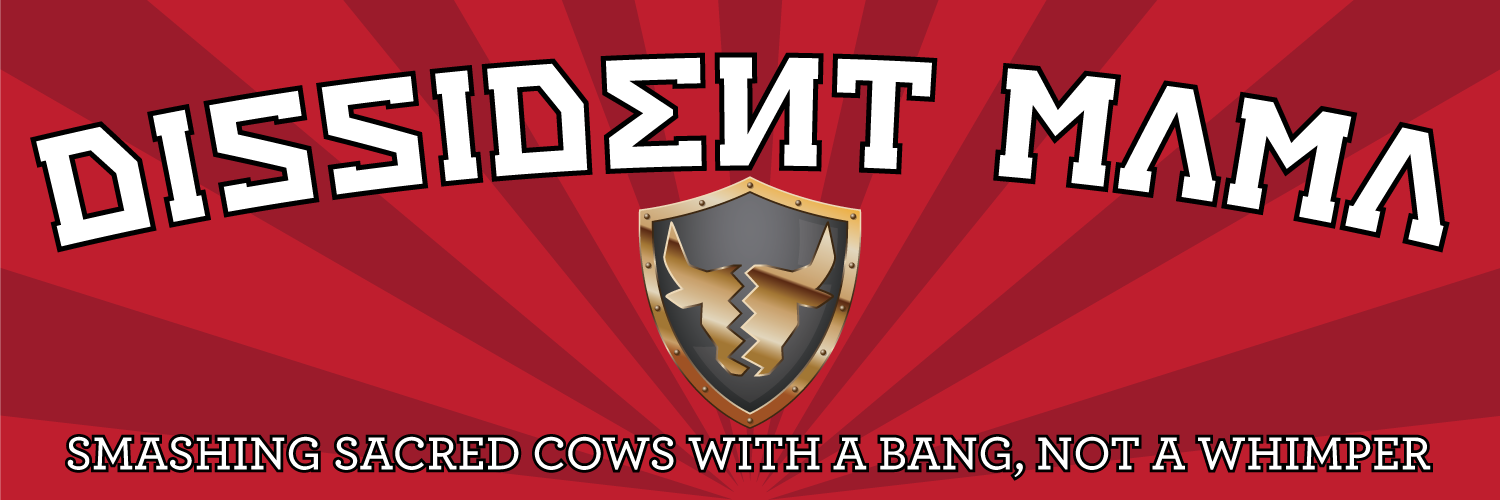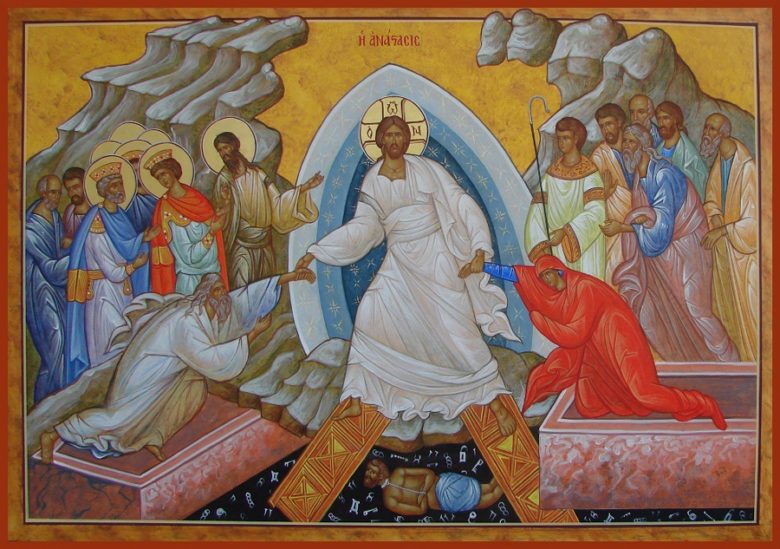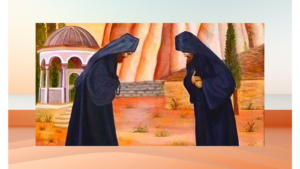During catechumen class last fall, my priest told us a joke. “How many Orthodox Christians does it take to change a lightbulb?” The Orthodox immediately respond in a lamenting tone, “Chhhaaaannngggge?!?”
Sure, the joke was probably better told in person, with a long-and-bushy-bearded Father Christopher in full cassock dramatically throwing out his hands and gnashing his teeth for humorous effect. But I think you get the point.
As Father Andrew Stephen Damick wrote, “There is no pope handing down uniform instructions to the whole Church; our chiefest prelates often can’t seem to get along; and it seems like we’re never going to get around to holding that Great and Holy Council we’ve been talking about for nearly a century.
“ … sheer logistics make it nearly impossible for us to alter what we do,” he continued. “And if all that Eternity and Truth stuff is really true, why should we even think about altering it? It can’t get voted on democratically, and it can’t get imposed monarchically. So change doesn’t much happen. That’s not a bug. It’s a feature. Orthodoxy is not going to change out from under you.”
And this leads me to the question that my sons’ piano teacher, Protestant friends, family, and a few neighbors recently asked: why was Easter a week late in Orthodoxy this year? Seemed like a great opportunity to dig deeper into the 2,000-year record of my own rich faith tradition, of which I am constantly learning new things and most certainly always will be.
So, the short answer is that all I knew was that the different dates of Western Easter (or “Weaster” as some Orthodox call it) being April 1 for Protestants and Roman Catholics, and April 8 for the Orthodox Church had something to do with ancient vs. modern calendars. But that was about the extent of my knowledge. As is invariably the case, the answer lies with history.
So, early Christians utilized the Julian calendar, which was a reform to the Roman calendar and named after Julius Caesar, who introduced it in 46 BC. Although it was not the most astronomically correct of calendars, it was the authoritative calendar throughout the Western world for the first 1,500 years of Christianity.
But when it came to Easter, there was no singular date used among Christians in the first few hundred years after Jesus’ death and Resurrection. Some celebrated it on the same day as Jewish Passover (called “Pesach” in Hebrew), since the Gospels reveal that Christ’s Passion coincided with Passover. Many Christians think the Last Supper may very well have been a Seder – the ritual meal Jews share during the Passover holiday.
Some Christians waited until Passover was finished to celebrate Easter, while others simply employed the heavens as their guide. I mean, astronomy wasn’t a hard science back then. There were no time meridians, and thus, no real standardization. It all depended upon where you were and how you viewed and then interpreted the sky.
When the First Ecumenical Council met in Nicaea in 325 AD, one of the things the Christian bishops tackled was the lacking ubiquity of the Easter celebration, which was referred to at the time as “Pascha.” (This name had roots in the holiday’s “Pesach” traditions, as mentioned above, and was also a transliteration of the Greek word “pascho,” meaning “to suffer.” Apparently, “Easter” is connected with the Anglo-Saxon goddess, “Eostre,” who had been celebrated during the vernal equinox in pagan times, and the derived name began working its way into Western Christian traditions in the 8th century.)
The Council of Nicaea ultimately determined that Pascha would fall on the first Sunday after the first full moon after the vernal equinox. The methodology wasn’t flawless, but it did serve as a unifying force for a burgeoning and increasingly global Christendom. And that’s how it was for 1,257 years, until Pope Gregory XIII proposed and implemented the more astronomically correct (but still not perfect) Gregorian calendar in 1582. This is the calendar we still use today for civil affairs.
But because the Great Schism, which occurred some 528 years before in 1054, had horribly divided the Church, the West and its Catholicism (and eventually Protestantism) went with Rome’s refined Gregorian dates for Pascha, and the East and its Orthodoxy stayed with the Julian calendar.
Interestingly, not all Orthodox holidays are based upon the Julian. For example, there is autocephaly on the matter of Christmas and different churches and jurisdictions within Orthodoxy can decide which calendar to use. But because of Pascha being the most important of all Christian holidays, the Julian dating is still maintained for traditional purposes and unity.
The Orthodox faith is steeped in custom, ritual, apostolic history, and long-established beliefs and practices, so much so that it can even mean using a not-so-scientific calendar for the Holiest days of the year. Yep, it’s a religion that is very, very, very resistant to change. And this is precisely one of the reasons that I love Orthodoxy so much.





